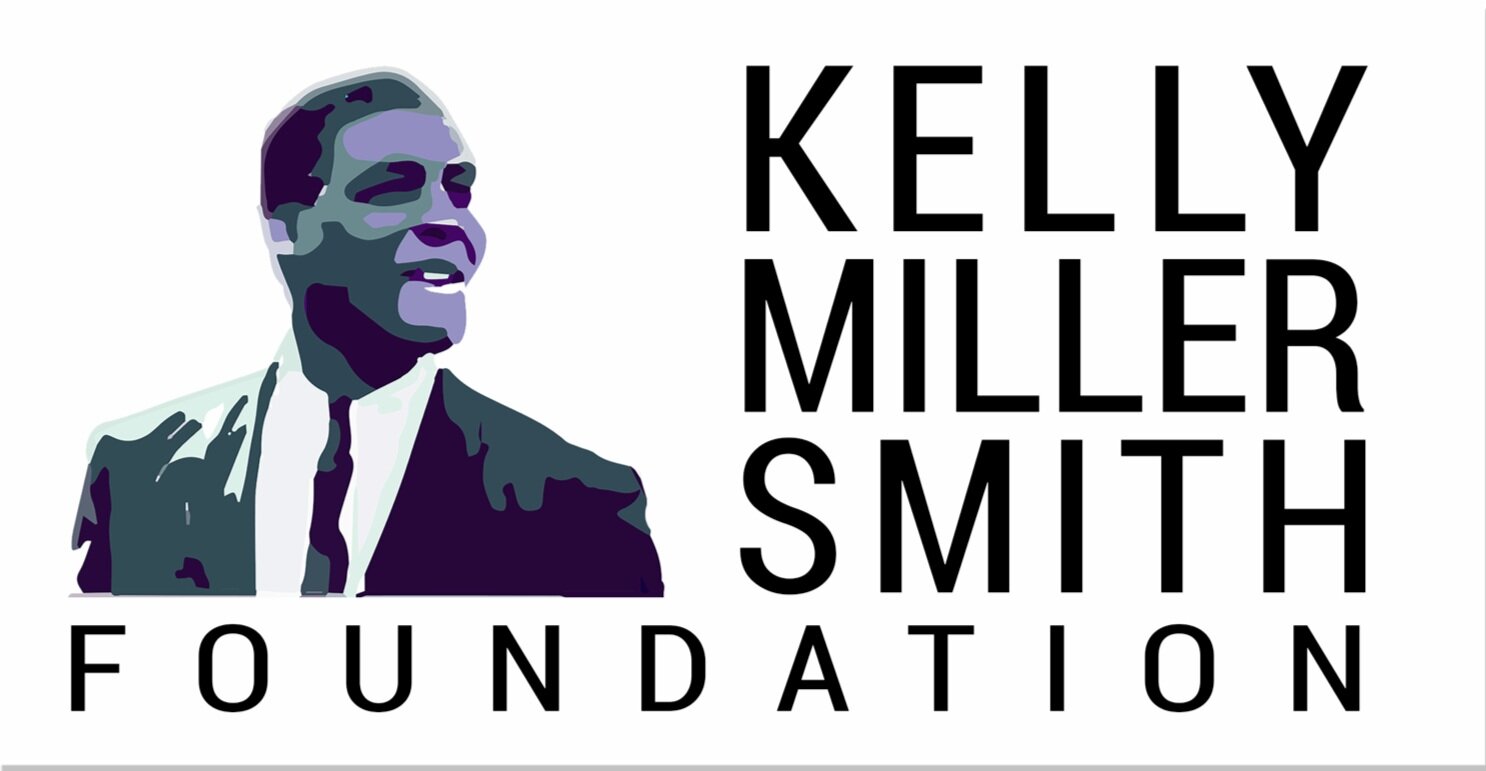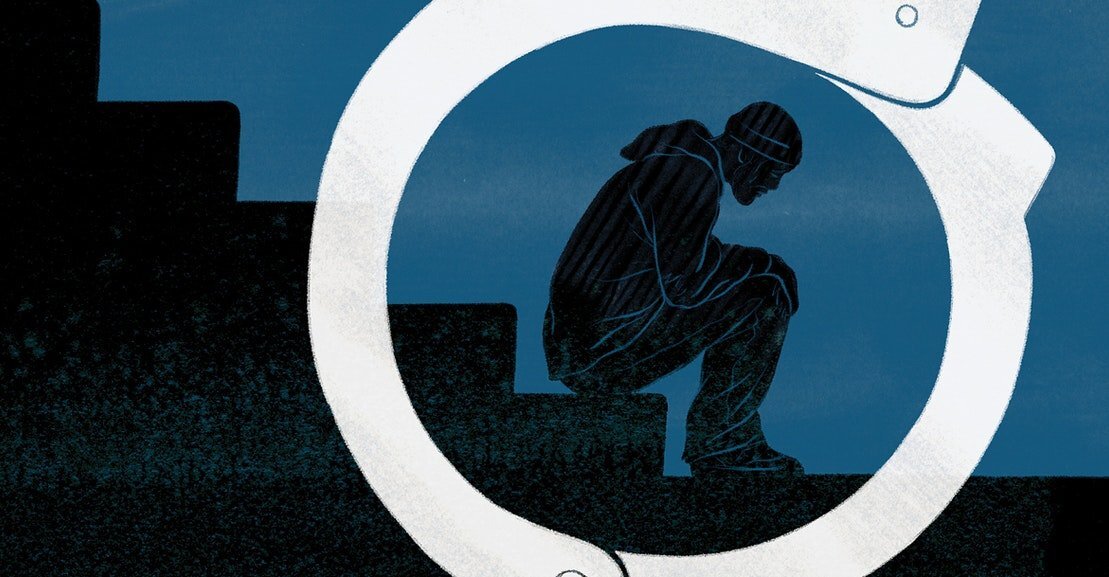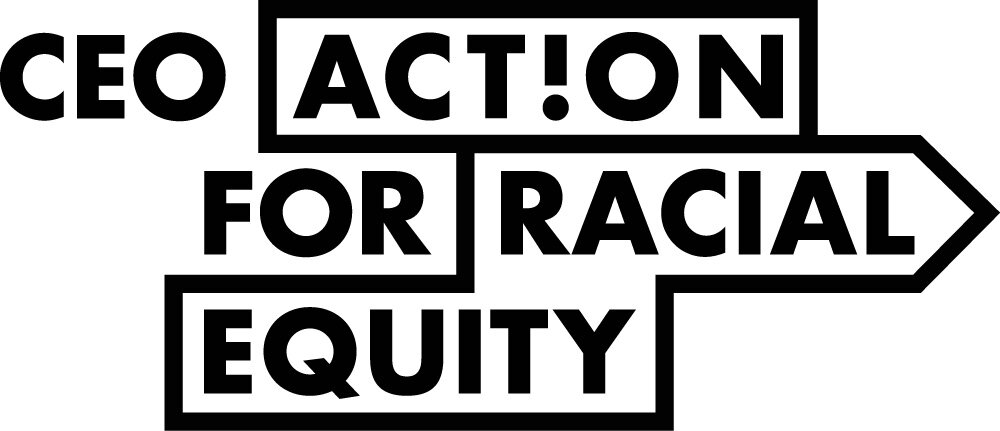Poverty vs. Justice
A Moral Issue for Our criminal justice system
Virtual Symposium
Image by Alex Nabaum
About the Event
The Kelly Miller Smith Foundation, in collaboration with the Kelly Miller Smith Institute on Black Church Studies at the Vanderbilt Divinity School and CEO Action for Racial Equity hosted the 2nd Annual Kelly Miller Smith Symposium held virtually on Thursday, October 28, 2021 at 1:00 p.m. CT. The theme was “Poverty vs Justice: A Moral Issue for Our Criminal Justice System.” We are called to understand and right the wrongs that make it more likely for Black and Latino souls to be corralled to and stuck in the criminal justice system with overwhelming difficulty escaping its clutches.
Mr. Bill Underwood, a career-making music executive, who was incarcerated for more than 30 years in 1990 for his first and only felony drug offense because it carried a mandated sentence under the newly enacted federal Sentencing Guidelines of 1987. Mr. Underwood will share his story in a conversation with Dr. Frederick D. Haynes III, who is a passionate leader, social activist, eloquent orator, educator, and pastor of the Friendship West Baptist Church, Dallas, TX. Their riveting discussion will be followed by a panel of community and corporate leaders who will discuss and share insights on the myriad of ways our justice system criminalizes the poor. They will share the work currently being done and provide opportunities and ways for each of us to be part of the solution and use our voice and collective power to demand change. We are advancing Dr. Martin Luther King, Jr.’s prescient call to action in recognition that, “injustice anywhere is a threat to justice everywhere.”
The criminal justice system in the United States is broken in many places; namely, the egregious inequities in laws, over-policing, pretrial treatment (including cash bail), conviction rates, sentencing policies, and incarceration and post incarceration practices that disproportionately harm people of color and those with limited economic means. From the cost of public defenders, attorneys, bail amounts, and the myriad of charges (e.g., excessive telephone usage costs) levied against the accounts of incarcerated persons, there are many for profit companies, leaders and politicians who profit from the system. In a nation where justice is said to be blind – free from discrimination and favoritism– there are financial, political, racial, systemic, and habitual factors that sustain our criminal justice system in many ways that are far from blind. “Orange being the new black is not a new phenomenon because a disproportionate number of people of color and people experiencing poverty have and continue to don prison orange, which limits their opportunities and those of generations to come.”
This symposium will bring together individual community members, and faith-based, civic, and corporate organizations who recognize the moral imperative to help bring about a fairer justice system. Together, we will share inspiration, practical ideas, and resources that can immediately be put into action to bring equity, fairness, and true blindness to America’s justice system.
Speakers & Panelists
Bill Underwood
What originally was a way out of poverty when he was a teenager, and for so many others, eventually became a one-way ticket to prison that halted his music business career and life. In 1988, Underwood was arrested for a drug crime and later sentenced to life without the possibility of parole. Prior to his arrest, he had never been convicted of a felony. Despite the hopelessness of his life sentence, Underwood transformed his life while in prison and devoted his time and focus to his children, grandchildren and supporting the rehabilitation of others in his environment.
On January 15, 2021 (Martin Luther King, Jr's birthday), after 33 years of incarceration, Bill Underwood, received a compassionate release from federal prison. As noted by the Honorable Judge Stein, “In 33 years of incarceration, Underwood has not received a single disciplinary infraction, which in this Court’s experience is most extraordinary. In addition, a resounding chorus of letters of support attests to his character and integrity. Underwood presents strong evidence that he has been fully rehabilitated.”
Today, Bill Underwood is a Senior Fellow with The Sentencing Project’s Campaign to End Life Imprisonment where he advocates to create sustainable sentencing reform and second chances for economically marginalized communities.
Rev. Dr. Frederick Haynes III
Rev. Dr. Frederick Douglass Haynes III, is a prophetic pastor, passionate leader, social activist, eloquent orator, and educator engaged in preaching the gospel of Jesus Christ, and fighting against racial injustice. Dr. Haynes is also committed to and has devoted his life to economic justice and empowerment in under-served communities and touching and transforming the lives of the disenfranchised. For the past 38 years, Dr. Haynes has served as a visionary and innovative senior pastor of Friendship-West Baptist Church in Dallas, Texas. Under his servant leadership, the ministry and membership of the church has grown from less than 100 members in 1983 to over 12,000.
Felicia Williams
Felicia Williams is currently serving as the Macy’s Fellow for CEO Action for Racial Equity; a fellowship of seasoned executives and highly-skilled subject matter experts working to advance racial equity through public policies that address systemic racism and social injustice. Prior to being appointed to the Fellowship, Williams served as the Interim CFO and Risk Officer for Macy’s, Inc. from June 2000 to November 2000. Williams was named the Chief Accounting Officer, Controller and Enterprise Risk Officer on June 1, 2016.
Williams currently serves on the board and audit committees of Realogy Holdings Corp. and Meridian Bioscience; and as the audit committee chair for Meridian. Williams also has a diverse community service background which includes service on the boards of the Manhattan Theater Company in New York City and Cincinnati Children’s Hospital Medical Center in Cincinnati, Ohio.
Williams, a native of Chicago, is a summa cum laude graduate of Florida A&M University and a Certified Public Accountant.
Dawn Harrington
Dawn Harrington is the Executive Director of Free Hearts and the Director of Special Projects for the National Council for Incarcerated and Formerly Incarcerated Women and Girls. She has a Bachelor’s degree in Recording Industry Management and Public Relations from Middle Tennessee State University and a Master of Business Administration degree in Information Technology from Bethel University. During her incarceration, Dawn was disturbed by the impact of incarceration on families, especially moms and kids, and inspired to make a difference upon her release. Today, Harrington is Director of Special Projects of National Council for Incarcerated and Formerly Incarcerated Women and Girls, Just Leadership USA fellow, advisory board chair for Nashville Defenders and Unheard Voices Outreach, and Executive Director of Free Hearts that was created to reunite families and keep families together by providing support, education, and advocacy, organizing families impacted by incarceration.
Priya Sarathy Jones
Priya Sarathy Jones is the National Policy & Campaigns Director at the Fines and Fees Justice Center. She is principally responsible for working with and/or leading national coalitions that address fines and fees reform and for providing assistance to institutions, organizations and individuals who seek FFJC’s expertise on fines and fees reform across the country. Ms. Sarathy Jones oversees FFJC’s national policy team, which addresses national policy needs in the area of fines and fees. At present, the issues FFJC participates in or is building national coalitions around include: to reform fines and fees in the juvenile justice system; abolish drivers’ license suspensions; abolishing prison phone call fees and working directly with Cities and Counties leading in fines and fees reforms. Prior to joining the Fines and Fees Justice Center, Ms. Sarathy Jones worked at the Department of Justice for nearly a decade, serving in a variety of policy positions across the Department. Her portfolio included public defense, with an emphasis on 6th Amendment issues, as well as wrongful conviction, capital case litigation and tribal law enforcement. In addition to her policy work at DOJ, Ms. Sarathy Jones served as Senior Counsel for the House Oversight Committee and worked on Congressional and Legislative Affairs. She holds a J.D. and B.A. in Psychology and Criminal Justice from the University of South Carolina, and is member of the North Carolina State Bar Association. Ms. Sarathy Jones lives in Washington, DC with her husband and two children.
Tehra Coles
Tehra Coles is the Policy Counsel at Civil Rights Corps. Her work focuses on a variety of topics related to the criminal-legal system including qualified immunity, risk assessment tools, and pre-trial detention laws. Prior to joining CRC, Tehra was the litigation supervisor for policy and government affairs at the Center for Family Representation. Tehra represented parents in family separation proceedings. She also managed the government funding application process and, in collaboration with impacted parents and families, lobbied elected officials and government agency officans on policy and legislation in areas of immigration, family separation, criminal legal systems, and housing.












